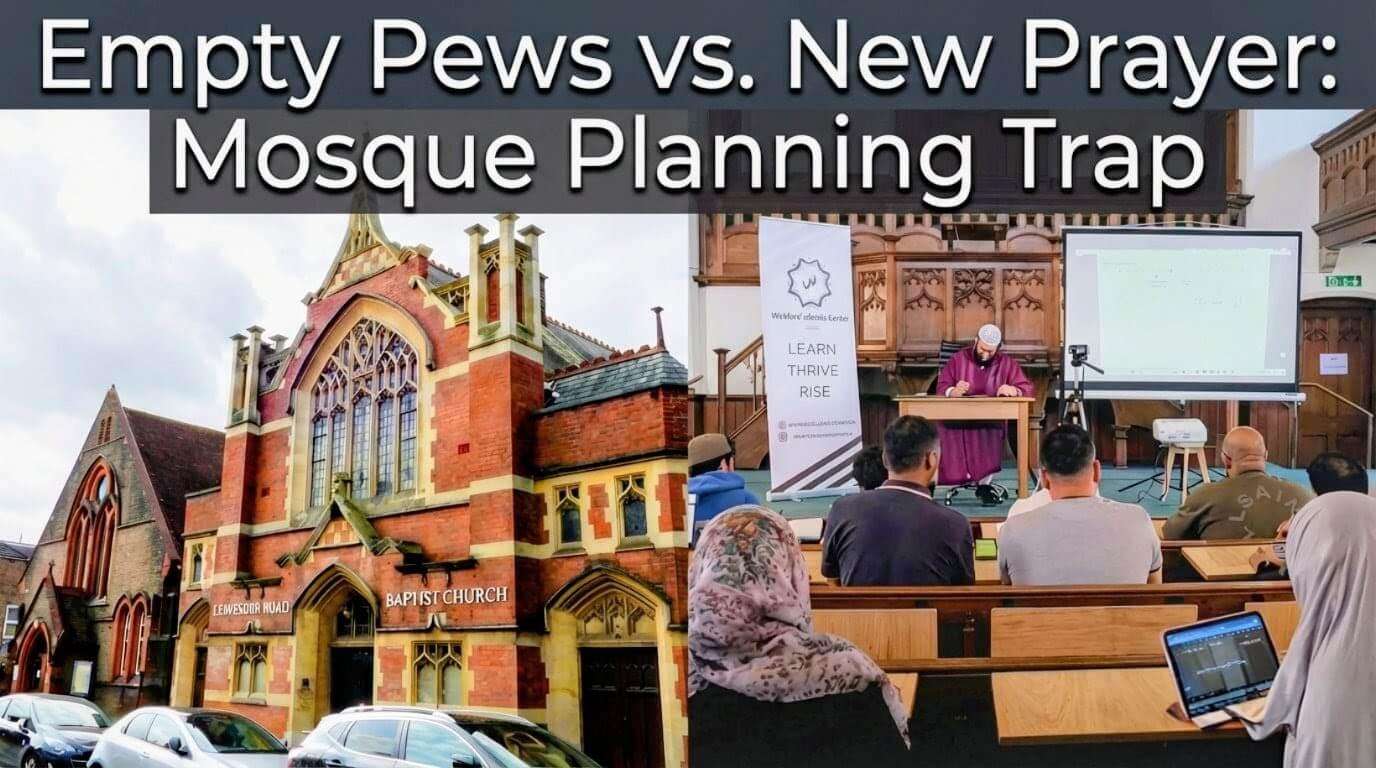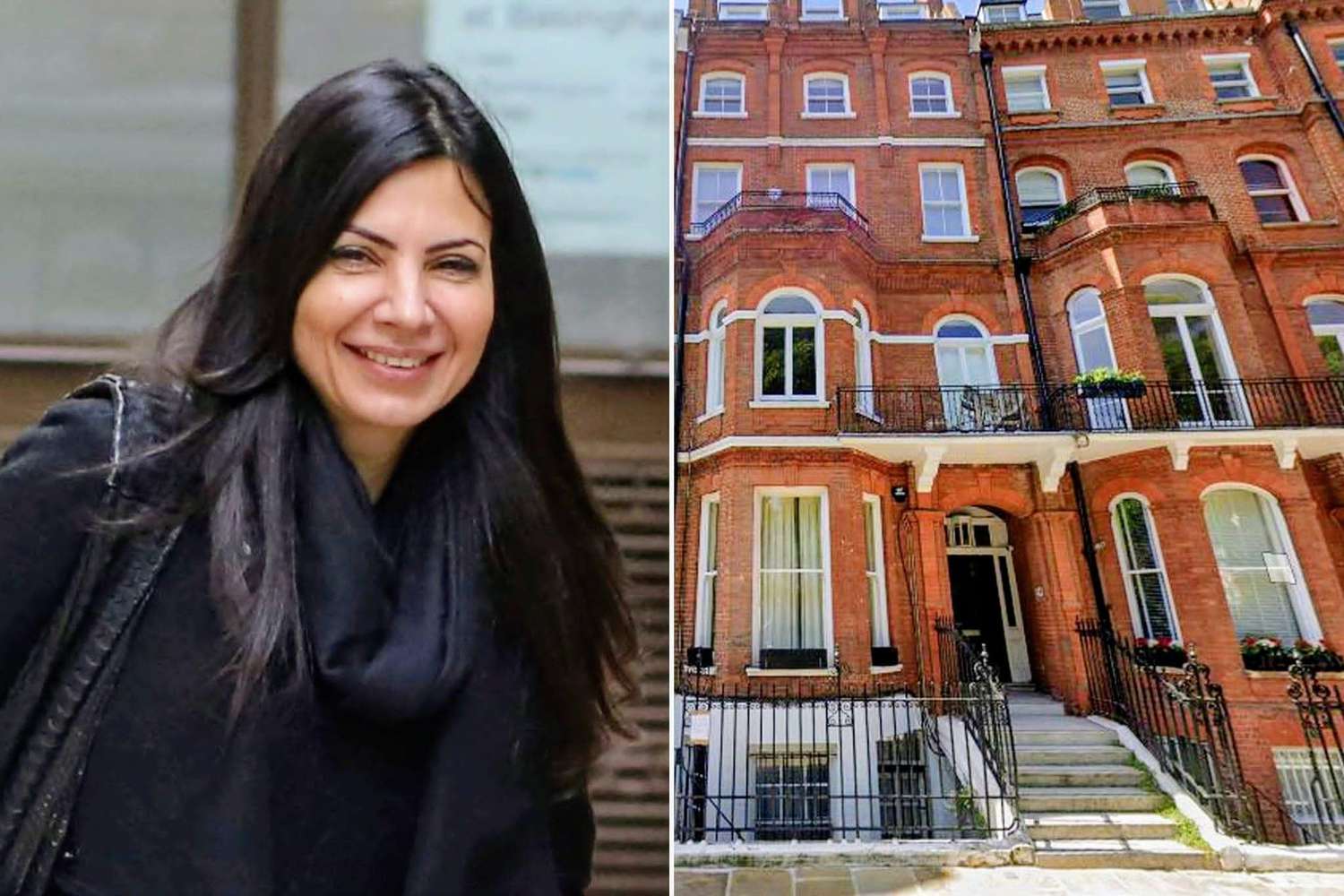Prime Minister Keir Starmer is set to address the nation this afternoon in a highly anticipated press conference, coming just a day after a chilling Government dossier urged Britons to "actively prepare" for the prospect of war. The Prime Minister's address follows a series of crucial meetings at the NATO summit in The Hague, where he engaged with world leaders, including the US President, amidst a backdrop of escalating global tensions.
The National Security Strategy, unveiled yesterday, paints a sobering picture of the years ahead, warning that the United Kingdom will face unprecedented challenges demanding a "World War Two-style spirit" from its citizens. The document specifically highlighted the increasing complexity of nuclear proliferation, stating it will be "more complex than it was even in the Cold War." Beyond nuclear threats, the strategy also outlined a new geopolitical landscape where major powers like China and Russia are actively seeking dominance in "outer space, cyberspace, the deep sea, and at the Arctic and Antarctic poles."
The report emphasized the need for national resolve: "The years ahead will test the United Kingdom... The direction it takes – and the decisions we take – will reverberate through the decades. We will need agility and courage to succeed, but we should be optimistic. We remain a resolute country, rich in history, values and in our capabilities. But most of all, there is the determination of the British people themselves." It invoked a sense of national pride and historical resilience, adding, "After all, we do not need to look too far into our history for an example of a whole-of-society effort, motivated by a collective will to keep each other safe. We can mobilise that spirit again and use it both for our national security and the rebuilding of our country."
Despite the grave warnings, Defence Secretary John Healey expressed confidence in the enduring commitment of the United States to NATO allies. Speaking on Times Radio, Healey affirmed, "Do I trust President Trump and the US's commitment to Article 5? Yes. So does our Prime Minister, and he does because in the Oval Office on his visit to the White House, President Trump gave him that commitment in public." This reassurance comes as a critical point, given past concerns about the US's stance on collective defense under certain administrations.
Meanwhile, attention also remains sharply focused on the volatile Middle East. Prime Minister Starmer, in separate conversations with French and German leaders on Tuesday, "reflected on the volatile situation in the Middle East," according to a Downing Street spokeswoman. The leaders unanimously agreed that "now was the time for diplomacy and for Iran to come to the negotiating table," underscoring the international community's push for de-escalation. This diplomatic push follows intelligence reports from the US suggesting that recent American strikes on Iran's nuclear program have only set it back by a few months, contrary to earlier suggestions of a more decisive blow.
The Prime Minister's address today is more than just a routine press conference; it's a critical moment for national leadership and public reassurance in the face of unprecedented global instability. The National Security Strategy's stark language signals a fundamental shift in the UK's perceived threat landscape. Gone are the days of distant conflicts; the document clearly implies a need for a societal-wide readiness for potential adversity, evoking the spirit of resilience seen in previous eras of national crisis.
The emphasis on "whole-of-society effort" suggests that the government believes national security is not solely the purview of the armed forces but requires a collective national resolve. This could involve anything from bolstering civil defense measures to strengthening national infrastructure against cyberattacks. The "rebuilding of our country" alongside national security also hints at potential economic and social reforms to enhance national resilience.
The confidence expressed by Defence Secretary Healey regarding US commitment to NATO's Article 5 is crucial for maintaining allied unity and deterring potential adversaries. However, the recurring need to re-affirm this commitment, particularly in light of past statements from US leadership, highlights an underlying tension and the imperative for European nations to strengthen their own defensive capabilities.
Finally, the delicate diplomatic dance in the Middle East underscores the interconnectedness of global security challenges. While the UK is urged to prepare for potential threats closer to home, the ongoing instability in regions like the Middle East can quickly have ripple effects, demanding immediate diplomatic engagement and coordinated international responses. The call for Iran to return to negotiations is a testament to the belief that diplomatic solutions, however challenging, remain the most viable path to de-escalation in a region fraught with the risk of wider conflict.
The coming months will undoubtedly test the UK's resolve, its alliances, and its capacity for swift and decisive action across multiple fronts. Today's address will be a crucial first step in preparing the nation for a future that promises to be anything but predictable.







_2.jpg)
.svg)


_2.jpg)